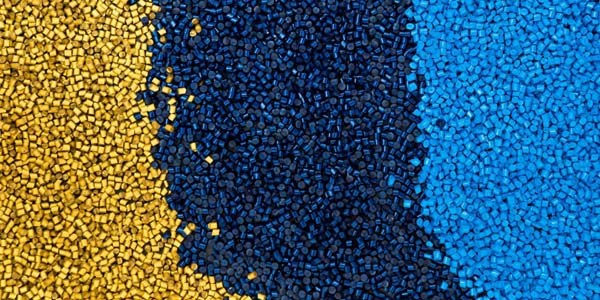
In the last 50 years, plastic production has skyrocketed. Nowadays, plastic products have found their way into every corner of our lives—from baby toys to construction materials. Throughout the plastic life cycle, material identification is a critical quality assurance or safety control analysis outlined in many industry standards.
Three recent publications highlight the simplicity and accuracy of the Agilent Cary 630 FTIR spectrometer with MicroLab software when identifying samples from each stage of a plastic’s journey—from starting material and finished goods to recycled plastics and plastic waste samples.
- Material Identification of Plastics Throughout Their Life Cycle by FTIR Spectroscopy: this application note highlights how the Cary 630 FTIR spectrometer provides an easy workflow for material identification throughout the life cycle of plastic materials. The Cary 630 FTIR and MicroLab software facilitate the quick and easy generation of a polymer library, which enabled the quick identification of plasticizer, nurdle, a cup lid, recycled water bottle, and plastic beach debris.
- Fast and Simple Material Identification of Plastic Debris Using FTIR Spectrometry: the application note shows specific examples of plastic waste analyses using the Cary 630 FTIR. Learn about the simple method setup and the fast and easy analytical workflow that makes the Cary 630 FTIR ideal for the reliable identification of plastics in environmental samples in both research and routine quality assurance (QA) labs.
- Advancing Research of Plastics in the Environment Using the Agilent Cary 630 FTIR Spectrometer: this white paper includes summaries of selected research publications in which the Cary 630 FTIR helped analysts studying the impact of plastic pollution on the environment.

The life cycle of plastic. The Cary 630 FTIR can be used to perform fast, easy, and reliable material identification workflows at each phase of a plastic’s journey.
The Cary 630 FTIR is also ideal for quantitative polymer analysis in polymer development, research, and the QA lab:
- Technical Overview: Polymer Analysis with FTIR
